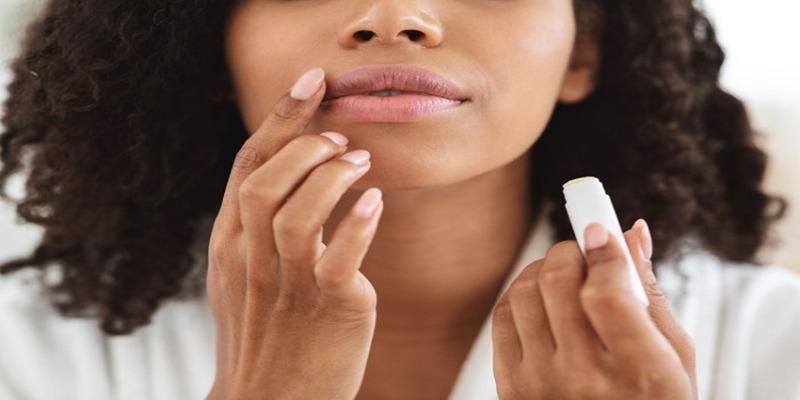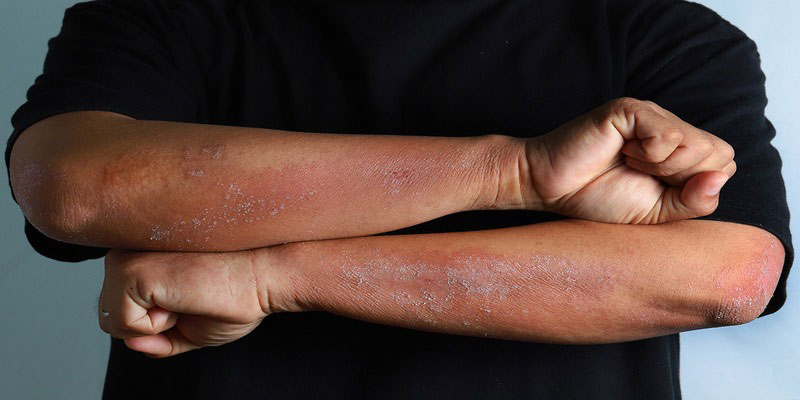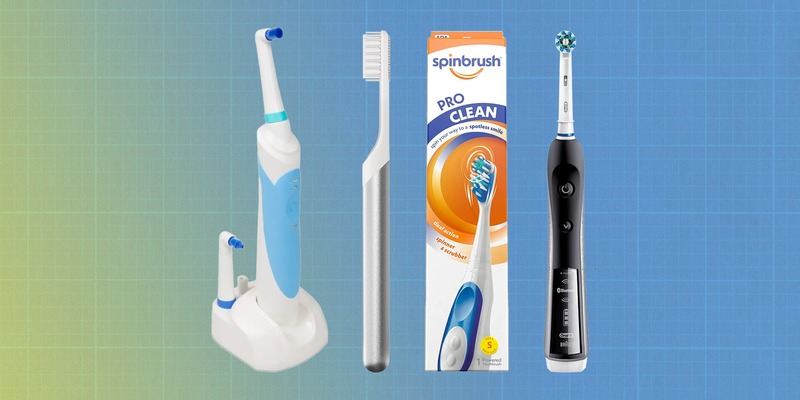
Are you suffering from a cold sore? If so, you know they can be painful and embarrassing. Thankfully, you can eliminate the unwanted visitor in no time!
In this blog post, we'll explain the best ways to treat a cold sore quickly and effectively — from simple home remedies to medical treatments that may provide fast relief.
We’ll also look at how to prevent cold sores from occurring in the first place. Keep reading for all the info on eliminating annoying outbreaks successfully.
Understand the Causes of Cold Sores and How to Avoid Them
Cold sores are caused by the virus herpes simplex 1 (HSV-1). This virus is highly contagious and can be spread through contact with an active sore, skin-to-skin contact or saliva.
To avoid getting cold sores in the first place, it’s important to understand what triggers them and avoid those activities. Common triggers include stress, fatigue, cold weather, sun exposure, and hormonal changes. Protecting your lips from the sun with a lip balm that contains SPF and reducing stress levels can help reduce the risk of getting cold sores.
If you have a cold sore, it’s important to avoid kissing or touching the sore and to avoid sharing utensils, lip balms, or other personal items. Additionally, it’s important to remember that cold sores are contagious until completely healed, so you should avoid contact with others until then.
Use Ice Packs and AntiInflammatory Creams to Reduce Swelling and Pain
Using ice packs or antiinflammatory creams is an effective way to reduce swelling and pain associated with cold sores. Ice packs can be placed directly on the affected area for up to 15 minutes. When you have finished applying the ice pack, wash your hands thoroughly before touching other areas of your body.
Antiinflammatory creams such as hydrocortisone and lidocaine relieve cold sores' itching and burning sensation. Please read the instructions on the cream carefully before applying it to ensure you are using it correctly to get rid of a cold sore fast.
Try OvertheCounter Treatments Such as Abreva or Zilactin for Fast Relief

Over-the-counter treatments are often the easiest and most effective option to quickly get rid of a cold sore. Abreva, Zilactin, and other similar products are applied directly to the site of infection several times a day and contain ingredients that reduce inflammation and promote healing.
While these treatments won't completely rid you of a cold sore overnight, they can quickly reduce the speed at which it heals. Additionally, they can reduce the pain and discomfort associated with cold sores.
Take OvertheCounter Medicines such as Ibuprofen or Tylenol to Ease Discomfort.
Cold sores can be itchy and painful, so taking over-the-counter medications such as ibuprofen or Tylenol can reduce the discomfort. Take these drugs as directed, and speak with a doctor if you have any existing medical conditions or allergies. Additionally, it is important to note that taking ibuprofen or Tylenol may not be sufficient to get rid of a cold sore.
Eat Foods High in Lysine and Low in Arginine
One of the key factors in getting rid of a cold sore is to adjust your diet. Eating foods high in the amino acid lysine and low in arginine can help boost immunity, reduce outbreaks, and prevent cold sores from forming. Lysine has been found to have antiviral properties that inhibit replication of the herpes virus - so you'll want to make sure you're consuming plenty of lysine-rich foods.
Foods such as salmon, tuna, beef, yogurt, cheese, and eggs are all high in lysine. Try incorporating more of these into your diet while avoiding foods containing lots of arginine, like chocolate, peanuts, and sunflower seeds. Reading food labels to ensure you're avoiding foods high in arginine can be helpful - but incorporating more lysine-rich foods into your diet is even better.
And remember that although these dietary changes won't get rid of a cold sore overnight, they are an important preventative measure that can help you reduce your risk for future outbreaks and speed up the healing process.
Keep the Area Clean by Washing it with Antibacterial Soap and Applying Petroleum Jelly.

It’s important to keep the area around a cold sore clean. Doing so helps prevent bacteria and other germs from further irritating it.
To do this, use either antibacterial soap or an alcohol-based cleanser. Gently scrub the affected area with a cloth or cotton ball using circular motions. Rinse off the soap or cleanser with water. Pat dry the area, but don’t rub it.
To help prevent bacteria buildup, use petroleum jelly on the cold sore several times daily. It will help form a protective barrier and lock in moisture.
FAQs
What kills a cold sore fastest?
Treating the cold sore with an antiviral cream such as Abreva or Zilactin is one of the fastest ways to kill a cold sore. Over-the-counter medications such as ibuprofen and Tylenol can also help reduce the discomfort associated with cold sores. Eating foods high in lysine and low in arginine can also help to get rid of a cold sore faster.
How long does it take for a cold sore to heal?
The healing time for a cold sore depends on multiple factors, including the severity of the infection and your immune system. Generally, however, it takes about 7-10 days for a cold sore to heal completely.
How can I prevent cold sores?
The best way to prevent cold sores is to keep your immune system strong and avoid triggers that can cause an outbreak. Eating a healthy, balanced diet with plenty of lysine-rich foods, avoiding stress as much as possible, and getting enough rest is key.
Conclusion
In conclusion, understanding cold sores can empower individuals to take charge and quickly eliminate their pesky symptoms. The most important things to remember are to consult a doctor if the outbreak persists, use ice packs and antiinflammatory creams for temporary pain relief, try overthecounter treatments specifically designed for cold sores, take overthecounter medicines such as ibuprofen or Tylenol for extra comfort, watch out for foods high in lysine and low in arginine, and keep the region clean by washing with antibacterial soap and applying petroleum jelly.



